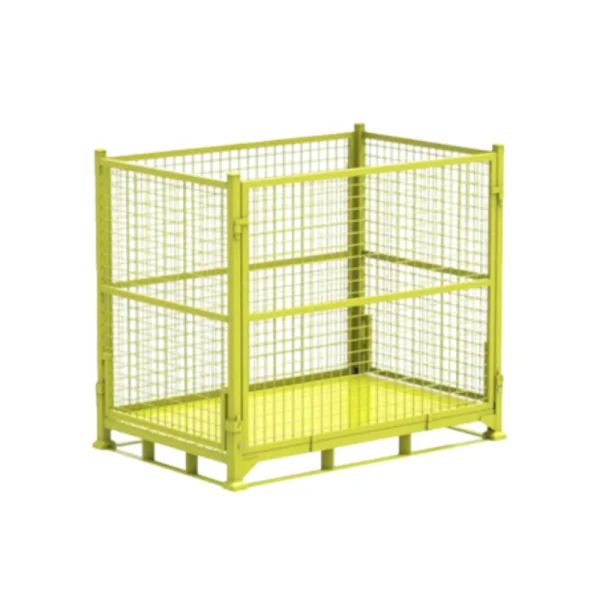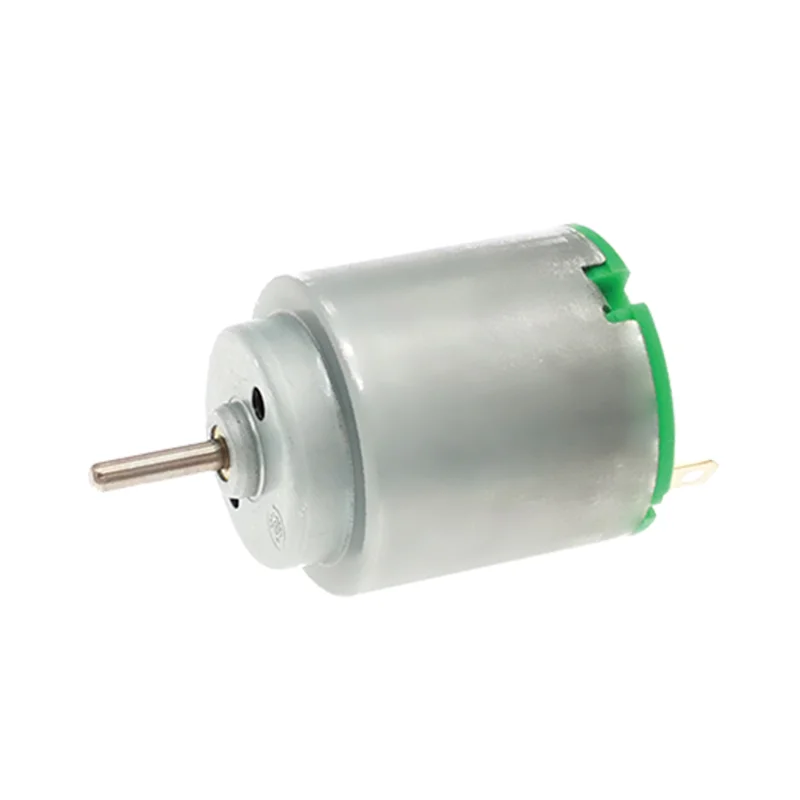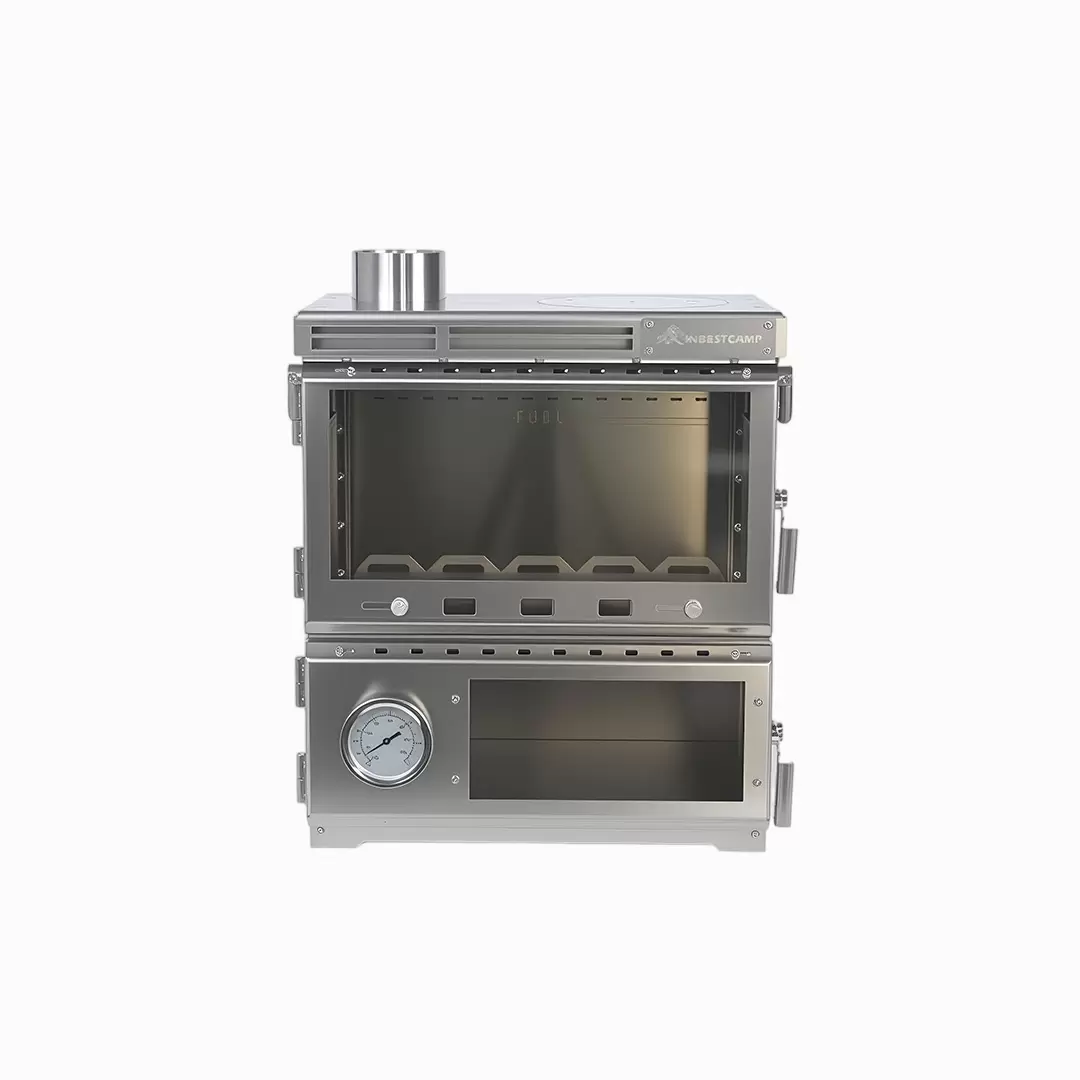In today's rapidly evolving industrial landscape, the role of maintenance mechanics has become increasingly vital. These skilled professionals ensure the smooth operation of machinery and equipment, minimizing downtime and maximizing productivity. However, the field of maintenance mechanics encompasses various levels of expertise and responsibilities. In this blog post, we will delve into the different levels of maintenance mechanics, their roles, and the skills required at each level.
- Entry-Level Maintenance Mechanic:
At the entry level, maintenance mechanics are typically responsible for performing routine inspections, basic repairs, and preventive maintenance tasks. They assist senior mechanics in troubleshooting issues and learn the fundamentals of equipment maintenance. Key skills for entry-level maintenance mechanics include:
- Basic knowledge of mechanical systems and components
- Proficiency in using hand and power tools
- Ability to read and interpret technical manuals and diagrams
- Strong attention to detail and problem-solving skills
- Intermediate-Level Maintenance Mechanic:
As maintenance mechanics gain experience and expertise, they progress to the intermediate level. At this stage, they handle more complex repairs, diagnose equipment malfunctions, and perform advanced preventive maintenance tasks. Additionally, they may be involved in equipment installation and modification projects. Key skills for intermediate-level maintenance mechanics include:
- In-depth understanding of mechanical systems and their interactions
- Proficiency in using diagnostic tools and equipment
- Knowledge of electrical systems and basic wiring principles
- Ability to analyze technical data and troubleshoot complex issues
- Senior-Level Maintenance Mechanic:
Senior-level maintenance mechanics are the backbone of any maintenance department. They possess extensive knowledge and experience, overseeing the maintenance activities, training junior mechanics, and developing maintenance strategies. They are responsible for:
- Conducting in-depth equipment inspections and identifying potential issues
- Developing and implementing preventive maintenance schedules
- Leading major repair projects and equipment overhauls
- Collaborating with other departments to optimize equipment performance
Key skills for senior-level maintenance mechanics include:
- Expertise in multiple mechanical systems and their integration
- Proficiency in using advanced diagnostic tools and software
- Strong leadership and communication skills
- Knowledge of industry regulations and safety standards
Conclusion:
Maintenance mechanics play a crucial role in ensuring the smooth operation of machinery and equipment across various industries. Understanding the different levels of expertise within this field is essential for career progression and effective maintenance management. From entry-level to senior-level mechanics, each level requires specific skills and responsibilities. By continuously developing their skills and knowledge, maintenance mechanics can excel in their careers and contribute to the overall success of their organizations.






+ There are no comments
Add yours